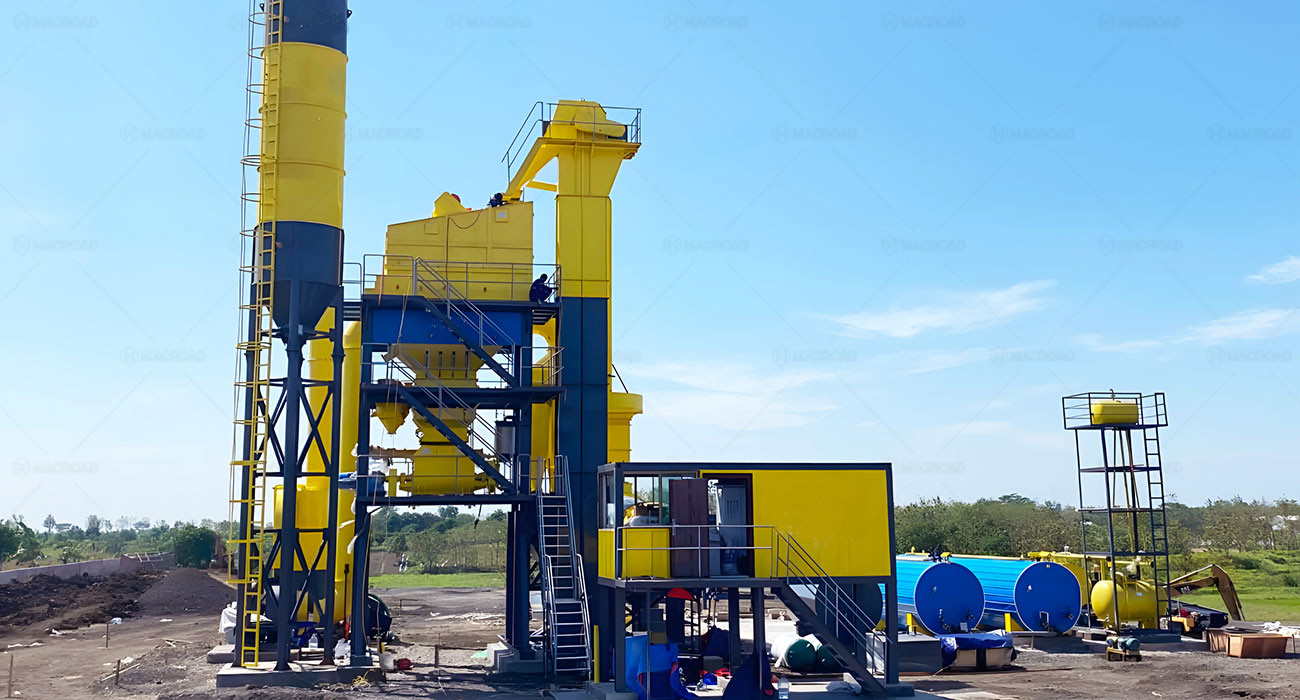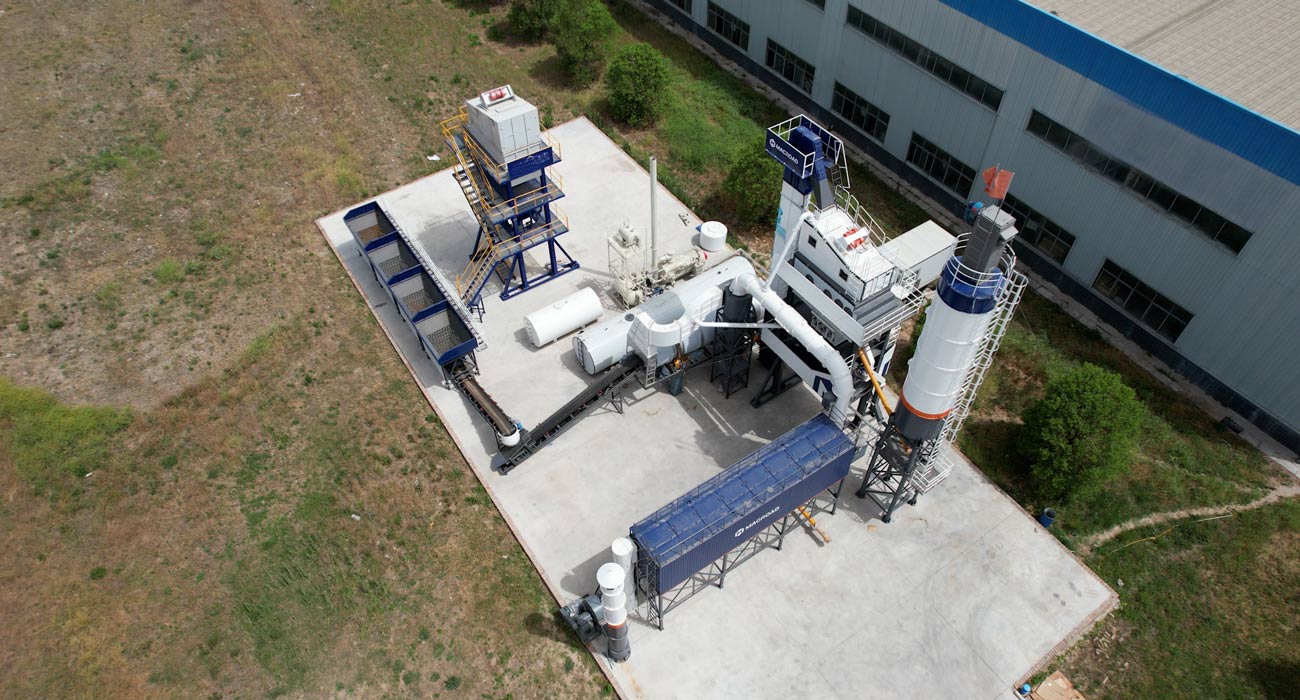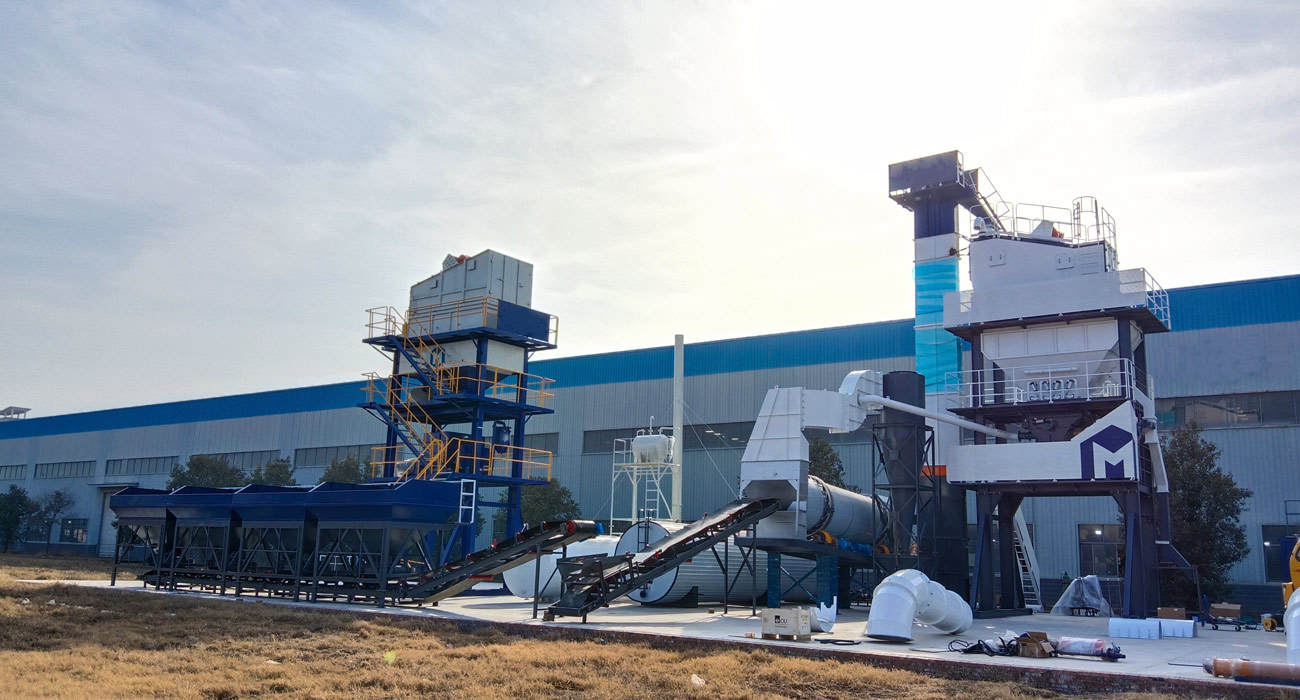As the construction industry faces increasingly unpredictable weather patterns, customers must assess the production guarantee ability of asphalt mixing plants, particularly in extreme weather conditions. This evaluation is crucial for ensuring that projects, especially those involving asphalt paving for municipal roads, can proceed without delays. Here, we explore key factors customers should consider when evaluating asphalt mixing plants’ capabilities to maintain production during adverse weather.

Understanding Plant Design and Technology
One of the first aspects to evaluate is the design and technology employed in the asphalt mixing plant. Facilities equipped with advanced technology, such as automated temperature controls and integrated weather monitoring systems, are better positioned to adapt to extreme conditions. For example, in extremely cold areas, plants that utilize warm mix asphalt technology can produce asphalt that remains workable even at lower temperatures, ensuring consistent quality and reducing the risk of delays.
Furthermore, the structural integrity of the plant itself plays a significant role in its production capabilities. Customers should inquire about the materials used in the construction of the plant and whether it is designed to withstand harsh weather conditions. A robust design not only enhances durability but also ensures that the plant operates efficiently, regardless of external temperatures. This is particularly important for fixed asphalt mixing plants that are often permanent fixtures at construction sites.

Assessing Historical Performance and Reliability
Another critical factor in evaluating an asphalt mixing plant supplier is their historical performance in extreme weather conditions. Customers should ask for case studies or references from previous projects that demonstrate the plant’s ability to maintain production during adverse weather. This information can provide valuable insights into how the plant has performed in real-world scenarios.
Additionally, customers can assess the reliability of the supplier by looking at their track record regarding maintenance and operational uptime. A supplier that has consistently delivered quality asphalt, even during extreme conditions, is likely to provide assurance for future projects. Factors such as downtime statistics and maintenance schedules can reveal how well a supplier is prepared and prepared for severe weather. No matter what project you are facing, highway, municipal road construction, etc., you should consider such situations.

Evaluating Support and Service Capabilities
The level of support and service provided by an asphalt plant supplier, for example Macroad is another vital consideration. Customers should look for suppliers that offer comprehensive training and support for operating the plant under varying weather conditions. This includes providing guidelines for best practices during extreme weather events, ensuring operators are well-equipped to manage production effectively.
Moreover, suppliers that offer responsive customer service can make a significant difference during critical periods. In extreme weather, having quick access to technical support and replacement parts can prevent costly delays. Customers should inquire about the availability of service technicians and the supplier’s ability to provide rapid assistance when issues arise.
In summary, evaluating the production guarantee ability of asphalt mixing plants in response to extreme weather involves several key considerations. By understanding the design and technology of the plant, assessing historical performance, and evaluating the support capabilities of the supplier, customers can make informed decisions. This thorough evaluation ensures that asphalt paving projects, particularly those for municipal roads, can proceed smoothly, even in challenging conditions. As the industry continues to face extreme weather patterns, these factors will be essential for maintaining efficiency and reliability in asphalt production.